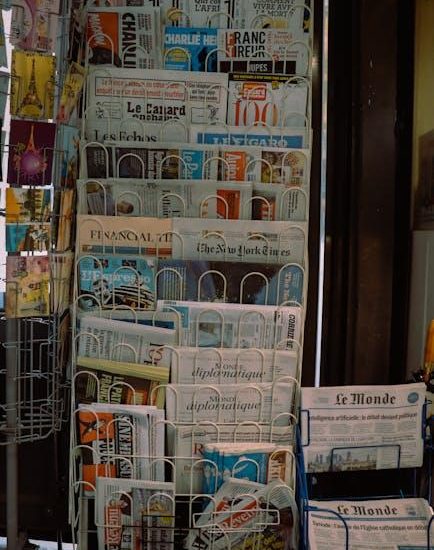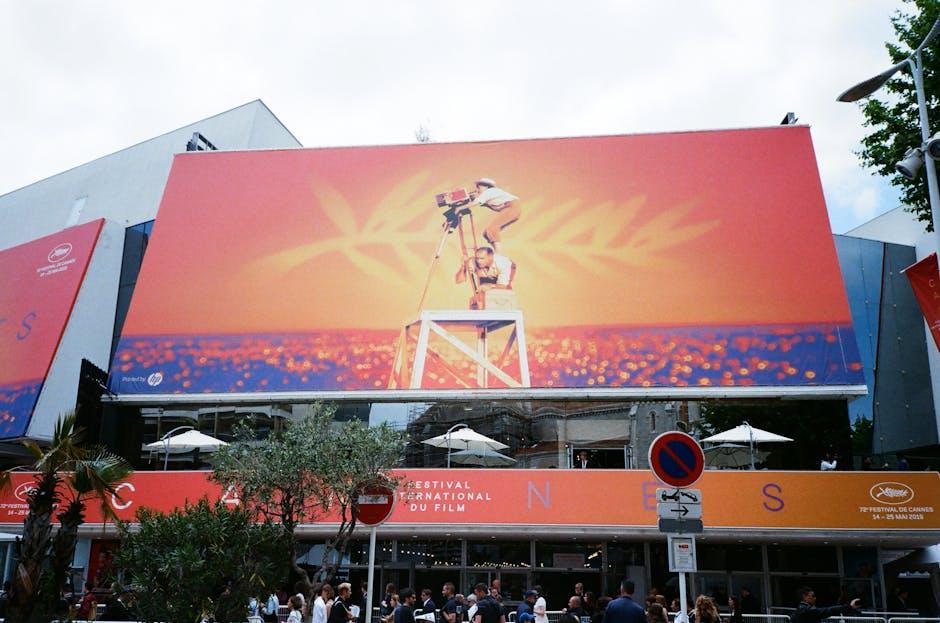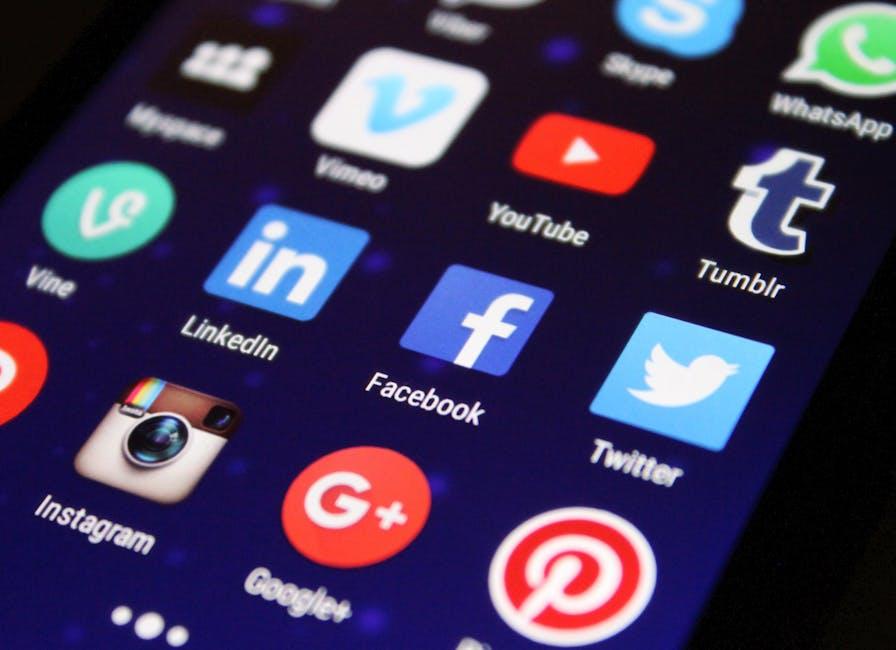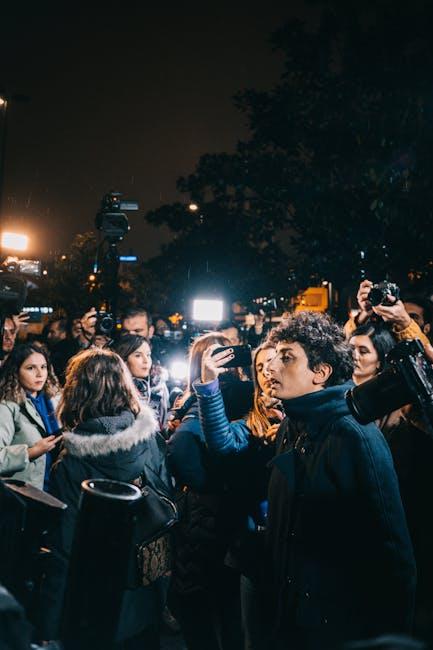



In a bold move signaling a growing discontent between traditional media and tech giants, 200 French media groups have united in a legal battle against Meta, the parent company of Facebook and Instagram.The lawsuit, which alleges “unlawful” advertising practices, highlights the escalating tensions between digital platforms and content creators over the rightful ownership and monetization of news content. With the stakes higher than ever, this legal confrontation raises critical questions about the future of media, the fairness of online advertising ecosystems, and the balance of power in the increasingly digital landscape. As the case unfolds,observers are keen to see how this unprecedented coalition of French media will navigate the complexities of law and technology,and what implications this might hold for similar disputes worldwide.
In a landmark move, approximately 200 media organizations from across france have united to initiate legal action against Meta, the tech giant formerly known as Facebook. This coalition argues that Meta has engaged in unlawful practices regarding the use and distribution of advertising content that directly impacts their revenue streams. The plaintiffs assert that Meta’s monopolistic behavior has not only squeezed their advertising profits but also undermined the very credibility of journalism in France. By prioritizing its own interests over that of content creators, Meta risks stifling diversity and quality in the media landscape.
The lawsuit marks a pivotal moment for the French media landscape, highlighting the profound discontent with how digital platforms manage advertising revenues. Key points raised in this legal battle include:
As this legal showdown unfolds, it underscores a growing rift between traditional media and tech giants, with potential implications not only for France but also for the global conversation surrounding digital advertising ethics and media rights.

The recent lawsuit against Meta by 200 French media groups hinges on several key legal arguments that outline the alleged unlawful practices engaged in by the tech giant. Central to the claims is the assertion that Meta has violated industry regulations and European Union directives regarding advertising transparency and competition. The plaintiffs argue that the company’s practices have not only undermined the economic stability of the media sector but have also resulted in the unauthorized use of their content in advertisements, thereby infringing upon intellectual property rights.Among the core allegations are:
In challenging Meta’s actions, the legal framework draws upon both French law and broader EU regulations aimed at protecting media entities from unfair digital practices. The plaintiffs seek restitution and damages through claims that address not only the financial losses incurred but also the long-term implications of Meta’s alleged monopolistic behavior in the advertising space. A preliminary assessment reveals that the potential outcomes of this lawsuit could set a important precedent for future interactions between digital platforms and traditional media, especially concerning:
| Aspect | Potential Impact |
|---|---|
| Copyright Infringement | Strengthening protections for content creators. |
| Advertising Fairness | Promoting competition in digital advertising. |
| Transparency Standards | Setting benchmarks for platform accountability. |

The lawsuit filed by 200 French media groups against Meta raises significant concerns regarding the future of digital advertising practices. As these media organizations contend that Meta has been engaging in unlawful advertising tactics, it is indeed likely that a ruling in their favor could trigger a shift in the way digital platforms approach advertising strategies. The implications of such a decision may include:
As the landscape of digital advertising continues to evolve, the ramifications of this legal battle could also extend to existing regulations concerning user privacy and data protection. Should the French media groups succeed, it may set a precedent that influences how companies worldwide navigate advertising-related legalities. Potential outcomes could include:
| Outcome | Potential Impact |
|---|---|
| Enhanced User Rights | Stronger protection of consumers’ personal data in advertising. |
| Legislative Revisions | Policy changes that redefine advertising norms and ethical standards. |
| Accountability Mechanisms | New tools to ensure accountability for digital platforms in ad placements. |

As media groups navigate the evolving landscape of digital partnerships, establishing key strategies will be paramount to safeguarding their interests. Collaboration is crucial, and forming alliances with technology platforms that value content creators can empower media entities to negotiate better terms and enhance revenue streams. By focusing on the following recommendations, media groups can position themselves favorably amidst ongoing legal disputes:
Additionally, it is vital for media organizations to stay informed about global trends and emerging technologies. Investing in research and development can lead to innovative solutions that attract audiences and advertisers alike. Consider the following areas of focus:
| Focus Area | Description |
|---|---|
| Content Personalization | Create tailored experiences that engage audiences on a deeper level. |
| Interactive Formats | Explore multimedia formats such as podcasts and live streaming to reach diverse demographics. |
| Data Privacy Compliance | Ensure all partnerships adhere to evolving regulations to maintain consumer trust. |
In a landscape where the interplay between technology and media continues to evolve, the legal actions taken by 200 French media groups against Meta serve as a significant landmark in the ongoing dialogue around digital advertising rights. As these media entities assert their position, claiming unlawful practices that undermine their economic viability, the outcome of this lawsuit could set critical precedents for how digital giants operate within the framework of local media laws.With the stakes higher than ever, the battle not only highlights the tensions between traditional journalism and tech conglomerates but also raises essential questions about fairness, equity, and accountability in the digital marketplace. As we move forward, all eyes will be on the courts to see how these issues unfold and what it ultimately means for the future of media in France and beyond. The confrontation serves as a reminder that in the age of information, the fight for respect and recognition of intellectual property is far from over.